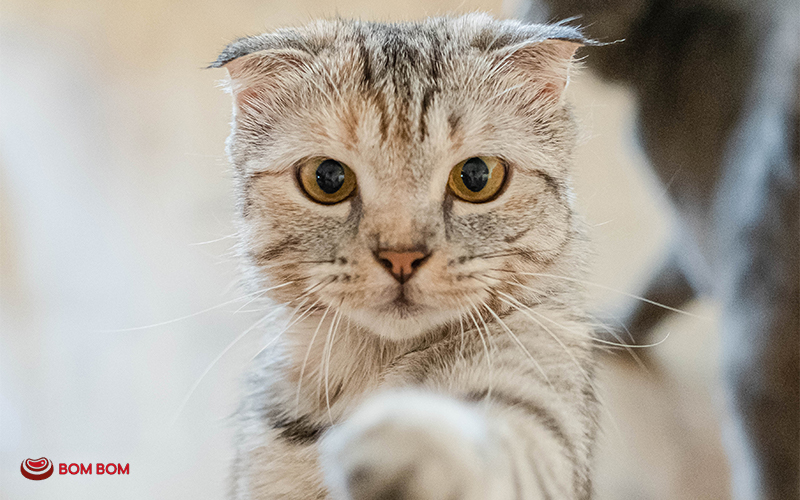
Unveiling the Myths: Common Misconceptions About Raw Cat Food Debunked
Cats, often shrouded in an aura of mystique, have sparked countless tales and theories, many of which centre around their dietary needs. Unfortunately, misinformation abounds, making it challenging for cat owners to differentiate fact from fiction. Inconsistent advice from online forums, social media, pet stores, and even veterinarians further complicates the issue.
So, to clarify the topic, let's debunk some common misconceptions about the feline diet with clear, evidence-based information.
Myth 1: Cats Need to Eat Multiple Small Meals Throughout the Day
While cats are naturally inclined to graze, the notion that they must consume tiny meals frequently is a misconception. The truth is, cats can thrive on both frequent small meals and fewer, larger ones. The key lies in individual preferences and lifestyle. Consistent access to healthy cat food is crucial, regardless of feeding frequency. Your cat’s diet should always be nutritionally complete and minimally processed wherever possible to cater to its specific needs.
Myth 2: Raw Food Diets Cause Dental Issues in Cats
Another common myth is that raw food for cats leads to dental problems but the truth is far from it. Raw meaty bones, a staple of many raw cat diets, can act as natural toothbrushes, helping to remove plaque and tartar buildup. The chewing action involved in consuming these bones promotes healthy gums and strengthens jaw muscles.
However, it's essential to choose appropriate raw bones for your cat. Avoid whole-cooked bones, as they can splinter and pose a choking hazard. Opt for raw, non-weight-bearing bones from small poultry or finely ground-up bones. And while raw cat food can contribute to excellent dental health, it should never replace regular dental check-ups. Consistent dental care remains a top priority when it comes to maintaining optimal oral hygiene.
Myth 3: Raw Diets Lack Essential Nutrients
Some pet owners believe that fresh food diets are deficient in must-have nutrients. This is inaccurate when it comes to properly formulated fresh cat food. A well-balanced, natural, minimally processed diet, crafted by experienced nutritionists (ones who have experience in food science as well as relevant companion animal nutrition), provides all the vitamins, minerals, and amino acids that cats require. This includes taurine, a crucial amino acid that cats cannot produce on their own.
Ensure your cat receives a complete and balanced diet by choosing a reputable fresh pet food provider like BOM BOM. Our fresh cat food (whether you choose raw or cooked meals), is the most naturally bioavailable in the market and crafted with the highest quality ingredients to deliver optimal nutrition. These freshly made meals feature whole, recognisable ingredients and undergo rigorous lab testing and screening for common food-borne pathogens, ensuring your peace of mind.
Myth 4: Cats Cannot Adjust to Raw Foods Easily
Transitioning your cat to a raw food diet might seem daunting at first, but it's often smoother than expected. While some cats may instinctively embrace the natural flavours and nutrients of a fresh food diet, others may be more accustomed to the stronger, more punchy tastes found in processed foods. If your cat falls into the latter category, don't worry! We have multiple mouth-watering toppers and natural flavouring options that our Nutrition Team would be more than happy to recommend to suit your cat's palette.
Every cat is unique and what works for one may not work for another. If you're considering transitioning to a fresh food diet for your cat, consult our Nutrition team first for what’s suitable for their preference and specific health needs.
At BOM BOM, we understand the importance of customised nutrition for your feline friend. Our in-house team of veterinarians, food scientists, and nutritionists is dedicated to providing expert guidance and support throughout your cat's fresh food journey. We offer a fuss-free transition and a lifetime of complimentary professional support.
